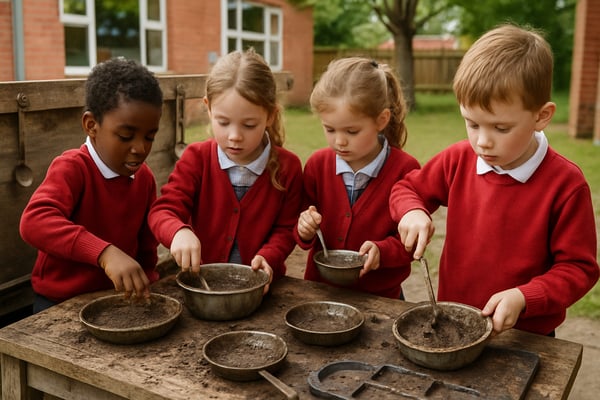According to NHS England figures published some 18 months ago, one in five children and young people between the ages of eight and 25 had a probable mental health disorder. Among those aged 17 to 19, the number was nearer one in four (23.3%).
More recently, the Independent reported that the level of school absences remained high compared with pre-pandemic levels, according to government figures. What the paper describes as the school absence crisis is driven by anxiety and poor mental health worsened by Covid, it reports.
Meanwhile, between 2020/21 and 2022/23, mental health referrals for children and young people soared by more than 50%, with mental health issues now accounting for nearly half (45%) of the overall illness burden.
So the statistics speak for themselves. However, on the positive side, schools now have a variety of resources on which they can draw.
Many schools have trained staff to take the lead on mental health and provide guidance and support for teachers, pupils and parents. Other assistance may come from school nurses, who regularly offer basic mental health support and can signpost further resources. Meanwhile, some institutions have on-site counsellors, or partnerships with outside services such as Place2Be, which offers activities and more resources. In some cases, schools train up their own student ambassadors to provide peer support.
Additional help is available from Child and Adolescent Health Mental Health Services (CAMHS), to which young people can be referred as necessary. At the same time, local councils and some charities can be sources of support.
Other options include developing a whole-school approach to mental health, alongside resources for staff to help them manage their own wellbeing. Some schools may incorporate these issues into the curriculum to encourage awareness of different aspects of mental health.
How outdoor learning can help improve mental health
The benefits of taking learning outside are well known, and spending time in nature will improve children’s mental health and wellbeing, while mood, social skills, ability to collaborate and confidence are also enhanced. So this option is another key resource.
Open-air learning improves children’s relationship with the natural world, so that they understand, appreciate and, ultimately, protect it. Additionally, al fresco education gives huge scope for inclusive activities in which all children share the same experiences, while there are also many opportunities for sensory immersion as pupils experience lessons in a new and exciting way.
Finally, classes under the sky mean children feel a great sense of freedom and independence, which will make a big contribution to their overall development.
School canopies from Kensington Systems
School canopies create accessible, versatile outdoor spaces and are an invaluable facility when it comes to open-learning to encourage good mental health. These structures help with all the areas mentioned above, while creating a safe, comfortable and stress-busting learning environment offering year-round weather protection.
At Kensington Systems, our high-quality canopies are cost-effective, and we’ve had decades’ experience creating them across the education sector, in nurseries, primary and secondary schools among other institutions. Our canopies are up to three times cheaper than a standard extension, often require no planning permission and are trusted by education providers UK-wide.
Browse our products, and be in touch with any queries or to book your initial consultation. It could be the first step to improved mental health for all your pupils.



.jpg?width=600&height=400&name=Paddock%20SEND%20School%20-%20Spaceshade%20canopies%20with%20post%20protectors%20(6).jpg)
